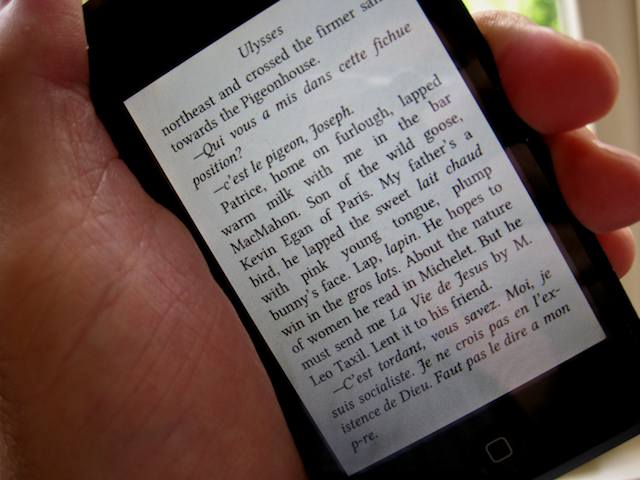Andrew Sullivan has done a neat analysis of the way the NYT has in recent years favoured Cheney-style euphemisms for torture.
The latest NYT euphemism for torture is “intense interrogation,” another plausible translation of the Gestapo term, “verschaerfte Vernehmung”;, for torture that broke no bones, drew no blood and left no permanent marks. The NYT has even tried to turn “waterboarding” into a twilight zone, calling it a technique merely that critics call torture.
But if you check the Nexis archives of the NYT, you will find that their terminology has not always been so supine and vague. The classic techniques used by Cheney – sleep deprivation, cold cells, hypothermia, stress positions, forced nudity and “walling” – were described by the NYT in the past very plainly, using the term “mental torture,” or in the recent obit (obviously written before Cheney p.c. came in) of an American airman, captured by the Communist Chinese, simply “torture.” In reporting on the similar techniques used Agabuse by the British in Northern Ireland in 1972, the NYT called them “torture and brainwashing”‘ which is exactly what the Cheney techniques are designed to accomplish. In 1996, the NYT ran a story on reports of “torture” in Brazil, which included “being kept naked in a cold cell,” the Gestapo specialty that Cheney made standard procedure for the US. In 1997, in reporting on the CIA’s record in training torturers in Latin America in the early 1980s, the NYT used the terms “psychological torture” and “mental torture” to describe long-time standing, stress positions, “deep exhaustion”, and solitary confinement.
In 1998, the NYT reported on the CIA’s training of Palestinian security forces. The Times reported that the CIA had dropped all last-resort use of physical torture in 1985, but also what they called “mental torture.” In discussing allegations of torture by the Palestinian security services, the NYT noted a relevant fact as support for the claim: 18 prisoners had died in custody during interrogation. Even after a hundred deaths have now been recorded under the Cheney torture regime, the NYT refuses to call it torture. In 1999, in contrast, the NYT reported on “allegations of torture” in China that amounted to “beatings and solitary confinement”.
Perhaps one clue to their shift can be found in their treatment of the case of Israeli torture in the 1990s….
Great piece, worth reading in full. The takeway: torture is what the other guys do; all we do is “intense interrogation”. Interesting also to note that the NYT’s taste for euphemism seems to have surfaced around the time that the Israelis ramped up their er, interrogation techniques.


